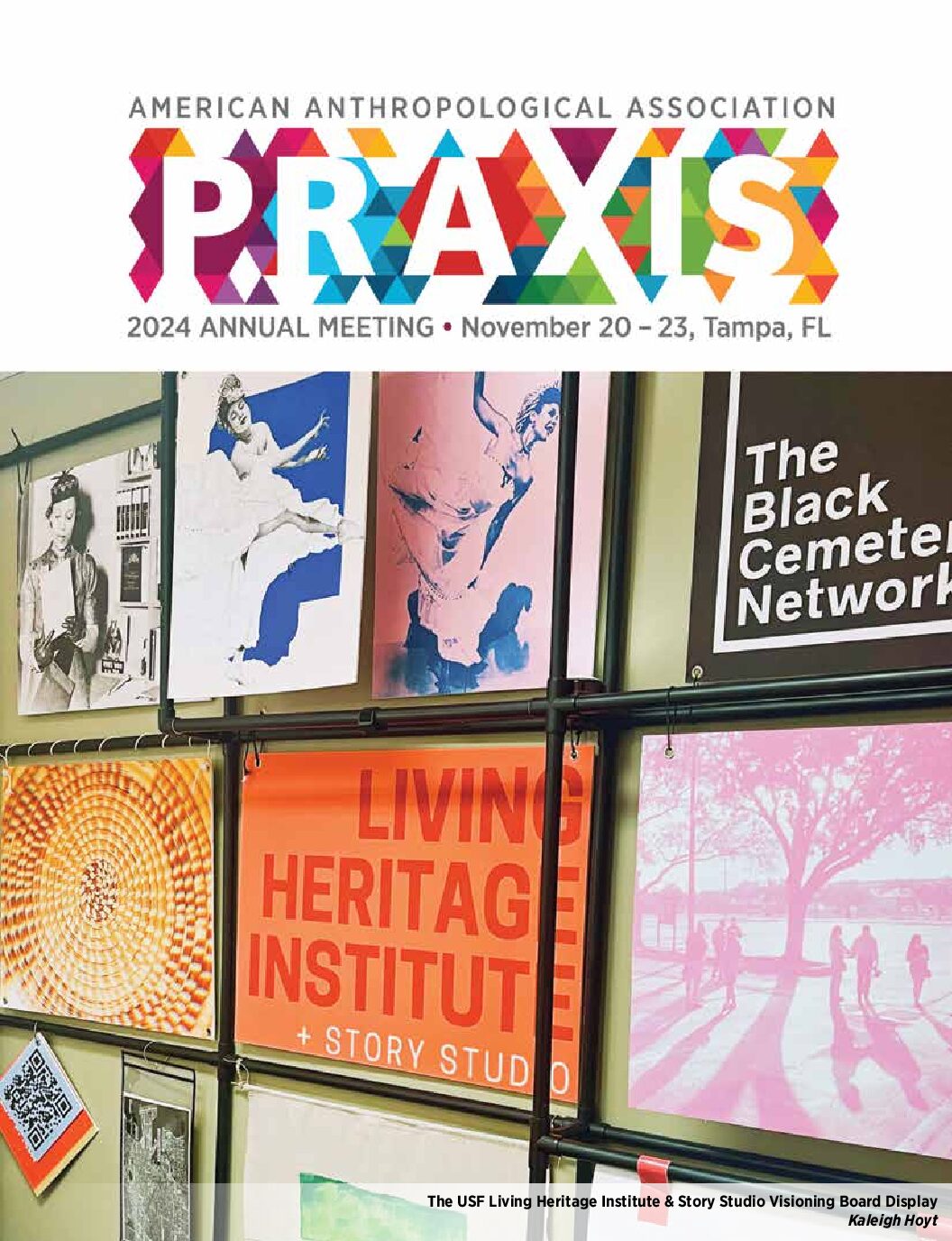Good Practices: Humanized Birth, and Political Subjectivity in Brazil
Eliza Williamson, 2019
Abstract: In this paper, I attend to the disconnect between current Brazilian maternal and infant health policy and the experiences of my interlocutors in Salvador da Bahia. I show that the state’s strategies to reduce medical interventions in birth were frequently interpreted by working-class Afro-Brazilian women and their families as a sign of the state’s disregard for their lives. The Rede Cegonha program, inaugurated in 2011, is a nationwide initiative designed to improve maternal and infant health in Brazil, in part by “humanizing” birth—implementing evidence-based, low-intervention obstetric practices. Drawing on 24 months of ethnographic research based in Salvador between 2012 and 2017, I show how my interlocutors’ understandings of and experiences with Rede Cegonha informed their political subjectivities—how they viewed themselves in relation to the state. I argue that their contestations of the “humanized” birth paradigm undergirding Rede Cegonha, and their refusals of low-intervention perinatal care, must be understood within a context of racialized social exclusions in Brazilian health care.


